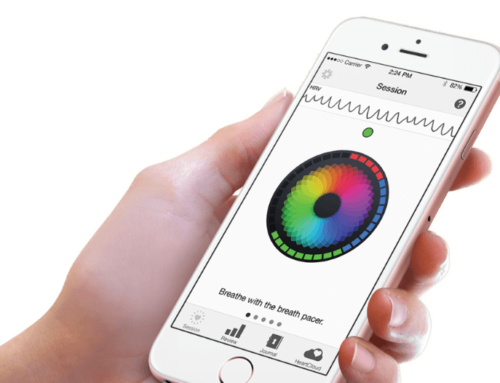 Eating disorder treatment is an important step toward eating disorder recovery. Unfortunately, in my work, it is not uncommon for individuals to delay or forego treatment as they are worried it will interfere with other priorities such as school and/or work. A large part of my work with individuals in program is helping them to understand the importance of making recovery a priority while also practicing balance. Here are 3 tips to help balance eating disorder treatment with other life priorities:
Eating disorder treatment is an important step toward eating disorder recovery. Unfortunately, in my work, it is not uncommon for individuals to delay or forego treatment as they are worried it will interfere with other priorities such as school and/or work. A large part of my work with individuals in program is helping them to understand the importance of making recovery a priority while also practicing balance. Here are 3 tips to help balance eating disorder treatment with other life priorities:
1. Reach Out for Help and Utilize Supports. Life can get very busy and it is extremely important to tend to your own needs while also considering what spouses, family members, friends, etc. can do to help lessen your load. Remember, eating disorder treatment should be your main focus so that long-term, you’ll be able to enjoy other wonderful things that life can offer. Parents with kids and adolescents in treatment might consider reaching out to family members or friends to help with other responsibilities. This might include assisting with pick-ups for their other child or dropping them off at an activity while you attend family meeting or treatment sessions. I would also recommend reaching out to your treatment team for help with problem solving around time management.
2. Self – Care, Self – Care, Self – Care. I cannot reiterate the importance of finding time to practice taking care of yourself. This should always be a priority, but especially during treatment. Recovery is hard work and life can become a balancing act. Finding time to have fun and enjoy yourself with your loved ones is extremely important. While it is easy to neglect taking care of yourself between work and treatment, remember that self-care can be very helpful in preventing burnout and reducing negative effects of stress. My advice? Schedule a time to devote to you, even if that just means taking five minutes to meditate in the shower or leaving work 10 minutes early to enjoy some extra sunshine. Self-care can help you to refocus on your goals in treatment and in life.
3. Set Boundaries Outside of Treatment. While it can feel like eating disorder treatment has taken over your life, it is important to enjoy the time you have outside of the walls of program. I often recommend that individuals – to the best of their abilities – try to limit treatment talk while at home. This is a great way to ensure that treatment fatigue doesn’t occur and motivation for positive change continues. As is medically and clinically appropriate, save those tough conversations for your treatment team! Establishing non-negotiables is another way of setting helpful boundaries outside of eating disorder treatment. Examples of these non-negotiables may be; attending program and/or talking to a trusted support at least twice a week.
Being able to balance treatment and other life priorities can be difficult to navigate but it is certainly not impossible. These 3 tips are helpful first steps to take. Remember, we are always here to help you manage your life both inside and outside of treatment.
Marcella Berman, LCSW is an adolescent clinician in the partial hospitalization and intensive outpatient programs in Braintree, providing individual, family, and group counseling to adolescents and families with eating disorders. She received her Bachelor’s degree in Justice & Law Administration with concentration in rehabilitation from Western Connecticut State University and her Master’s degree in Clinical Social Work from Fordham University. Marcella is particularly interested in working with pediatric-aged children and families with eating disorders. She incorporates Cognitive Behavioral Therapy, Dialectical Behavior Therapy, and Exposure Therapy in her work with her patients and families. In her spare time she enjoys reading, being outdoors, and going on bike rides.






